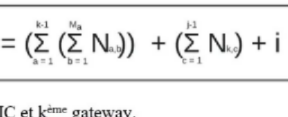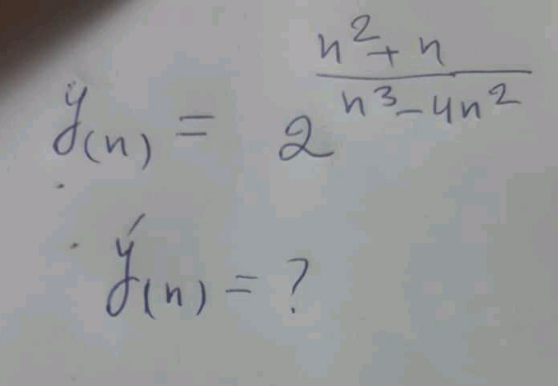
AllQuestion and Answers: Page 711
Question Number 148376 Answers: 1 Comments: 0
$$\int_{\mathrm{1}} ^{\infty} {x}^{{i}} {lnxdx}\:\:\:\:\:\:{i}^{\mathrm{2}} =−\mathrm{1} \\ $$
Question Number 148374 Answers: 0 Comments: 0
Question Number 148375 Answers: 0 Comments: 0
$$\int_{\mathrm{1}} ^{\infty} {sin}\left({x}+{lnx}\right){dx} \\ $$
Question Number 148372 Answers: 1 Comments: 0
Question Number 148371 Answers: 1 Comments: 0
Question Number 148368 Answers: 0 Comments: 0

Question Number 148356 Answers: 0 Comments: 2

Question Number 148362 Answers: 0 Comments: 0
Question Number 148350 Answers: 0 Comments: 1
Question Number 148341 Answers: 0 Comments: 0
Question Number 148339 Answers: 1 Comments: 0
Question Number 148334 Answers: 1 Comments: 0

Question Number 148333 Answers: 2 Comments: 0
Question Number 148330 Answers: 1 Comments: 0

Question Number 148328 Answers: 2 Comments: 0
Question Number 148326 Answers: 1 Comments: 0
$${Find}\: \\ $$$${Li}\underset{{x}\rightarrow\infty} {{m}}\left({e}^{{x}} +{x}\right) \\ $$
Question Number 148324 Answers: 2 Comments: 0
$${x}^{\mathrm{2}} −{y}^{\mathrm{2}} =\mathrm{3},\:{find}\:{dy}/{dx} \\ $$
Question Number 148323 Answers: 2 Comments: 0
Question Number 148321 Answers: 1 Comments: 0

Question Number 148437 Answers: 2 Comments: 0

Question Number 148314 Answers: 1 Comments: 1
Question Number 148364 Answers: 0 Comments: 2

Question Number 148303 Answers: 2 Comments: 0
Question Number 148398 Answers: 1 Comments: 0

Question Number 148289 Answers: 1 Comments: 1

Question Number 148285 Answers: 1 Comments: 1
$$\int_{\mathrm{1}} ^{\infty} \frac{\mathrm{1}}{{x}^{\mathrm{2}} \mathrm{ln}{x}}{dx}=? \\ $$
Pg 706 Pg 707 Pg 708 Pg 709 Pg 710 Pg 711 Pg 712 Pg 713 Pg 714 Pg 715
